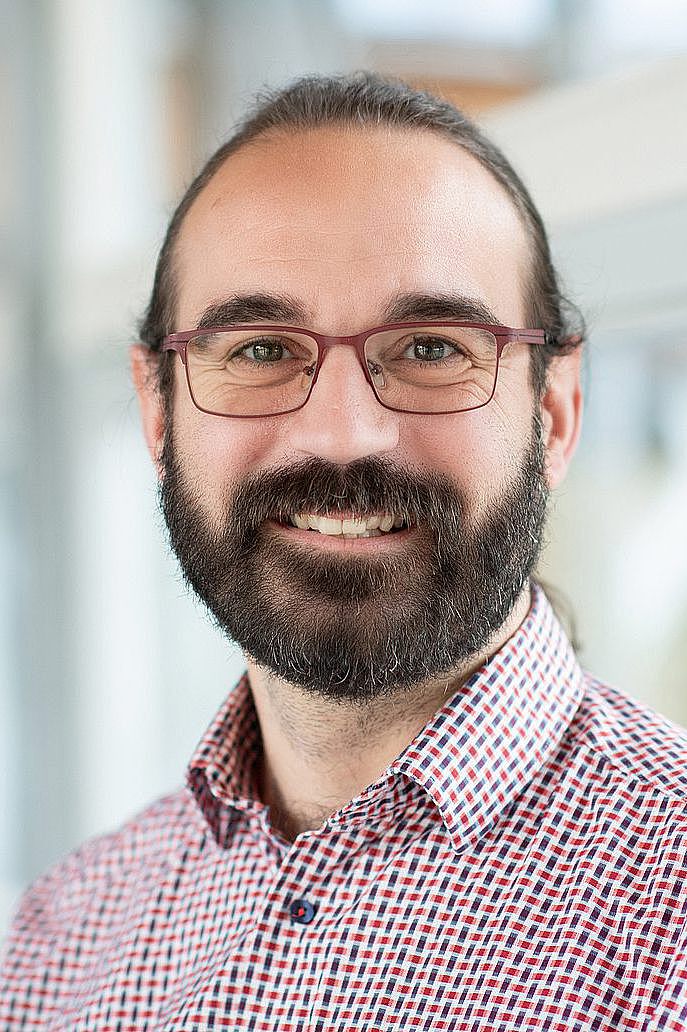Prof. Dr. Walter Karlen

University of Ulm
Albert-Einstein-Allee 45

is professor for Biomedical Engineering at Ulm University since May 2021. He is the director of the Institute of Biomedical Engineering in the Faculty of Engineering, Computer Science and Psychology. Since July 2022 he is also the acting chair of the Institute of Information Resource Management.
He was a Swiss National Science Foundation professor at the Eidgenössische Technische Hochschule Zürich (ETH Zürich) in the Department of Health Sciences and Technology from 2014 to 2020 where he founded and directed the Mobile Health Systems Laboratory. Between 2005 and 2014, he held research positions at the Biomedical Engineering Research Group of the Department of Mechanical and Mechatronics Engineering at the University of Stellenbosch, South Africa; the pediatric anesthesia research group of BC Children's Hospital and Child and Family Research Institute (CFRI); the Electrical and Computer Engineering in Medicine Research Group of the University of British Columbia (UBC) in Vancouver, Canada; and the Laboratory of Intelligent Systems at Ecole Polytechnique Fédérale de Lausanne (EPFL), Switzerland.
Walter Karlen holds a Master degree in micro-engineering from EPFL and a Docteur ès sciences (PhD) in Computer, Communication and Information Sciences (also EPFL).
Prof. Karlen was an awardee of the Rising Stars in Global Health program of Grand Challenges Canada. In 2013, he was awarded the Dorothy J. Killam Memorial Postdoctoral Prize for his accomplishments at UBC involving the research on biomedical sensors for global health. He is a Senior Member of the IEEE EMBC society. Prof. Karlen co-directs the Hochschulmedizin Zürich flagship project SleepLoop, a consortia that aims to develop and validate novel technologies for improving sleep and prevent sleep related disease.
Prof. Karlen’s objective is to enable the diagnosis, monitoring, and treatment of major global health burdens by developing personalized methods, intelligent devices, and efficient systems that can be used at the point-of-care. His research focuses on the technical aspects of mobile health and point-of-care devices such as real-time biomedical signal processing, mobile computing, sensors and systems design, and quality control. He also works on the improvement of clinical decision support with the design of adaptive systems, smart alarms, and optimized user-machine interaction.
Die Covid-19-App – ein Public Health Wearable? (German, Schweizerische Akademie
der Technischen Wissenschaften SATW; Nov. 2020)
Is medicine ready for artificial intelligence? (Zukunftsblog ETH; Mai 2018)
Averting a digital health crash (Zukunftsblog ETH; Mai 2019)
Mobile Health verbessert Gesundheitsversorgung in strukturschwachen Gebieten(German, Vontobel "derinews"; Nov. 2014)
Selected publications from the last two years. A full list you can find in our research section.